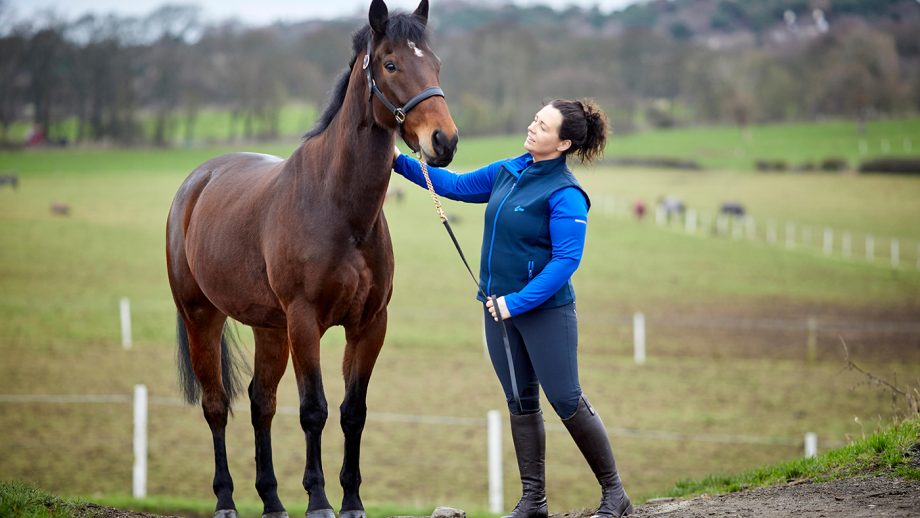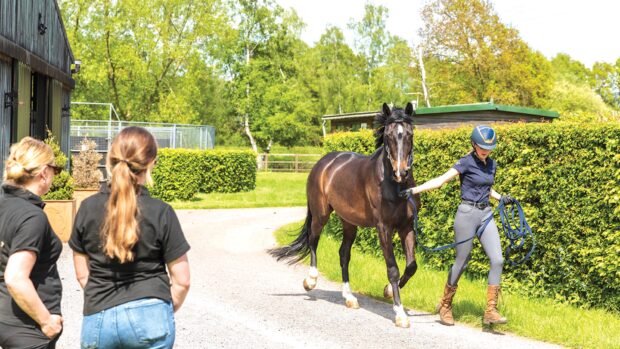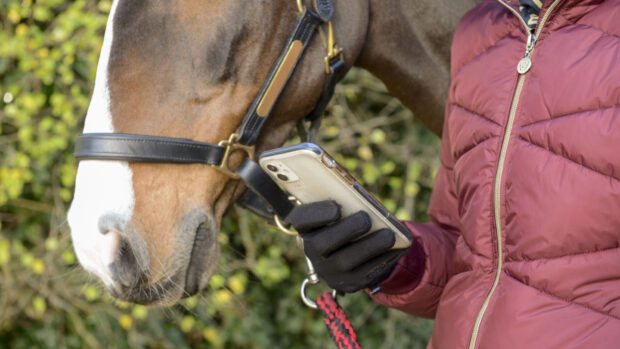Whether you are buying or selling, we all dread a vet giving a horse the thumbs down during the pre-purchase vetting. But what should you do if that happens?
Much depends on what you want to do with the animal in question. Be mindful that any existing condition will not be covered on insurance and discuss everything with your vet.
Common problems found during pre-purchase vettings
Heart murmurs: former top eventers Over To You and La Biosthetique-Sam FBW both have them; don’t automatically rule a horse out over this, as many will be fine.
Tendon injuries: a leg that has “gone” once will always be vulnerable. But with careful management, less work only on good ground and for the right price, many people have had enjoyed a good horse with an old tendon injury as a bargain buy.
Subtle lameness: do not expect an instant diagnosis for every lameness detected in a pre-purchase exam. Often more detailed investigation is necessary. It helps to know some background, such as has the horse had any joints medicated?
Sarcoids: unpredictable, they may or may not resolve with treatment, so the price should reflect the uncertainty. A definite no if they are under tack or moving parts and they are always liable to recur.
Back problems: difficult to diagnose and treat. Most vets advise caution, but it can be hard to know on a one-off exam if a sensitive back is a problem that will persist.
The vet’s pre-purchase veterinary certificate strongly recommends confirming insurance cover AND obtaining a seller’s warranty. Easier said than done, but still very sensible advice.
Now vets can supply electronic pre-purchase certificates rapidly, so it is possible to consult insurers immediately. You may be able to ask your vet to email documentation.
In summary, if a horse ‘fails’ the vet, it doesn‘t automatically mean you shouldn‘t buy it.
Discuss the implications with your vet and your insurers and consider whether you have the knowledge and facilities to manage the problem. Some buyers will be open to negotiation on the price for a minor issue, but if your vet advises you to walk away, we recommend you act on their professional advice.
You may also be interested in:

Buying a horse: Horse & Hound’s ultimate step-by-step guide

Buying a horse: choosing horses to view
Searching for the perfect horse to buy can be time consuming, but our useful tips should help you streamline the

Buying a horse: viewing prospective horses
Viewing a prospective horse is an exciting and nerve-wracking experience. Follow our tips to be sure you make the most

Buying a horse: important dos and don’ts
Different people will give you varied advice when it comes to buying a horse, so here is a list of

Buying a horse: final questions, payment and when you get your new horse home
You've finally found a horse that's perfect, so don't fall at the last hurdle. Here is a checklist of important



